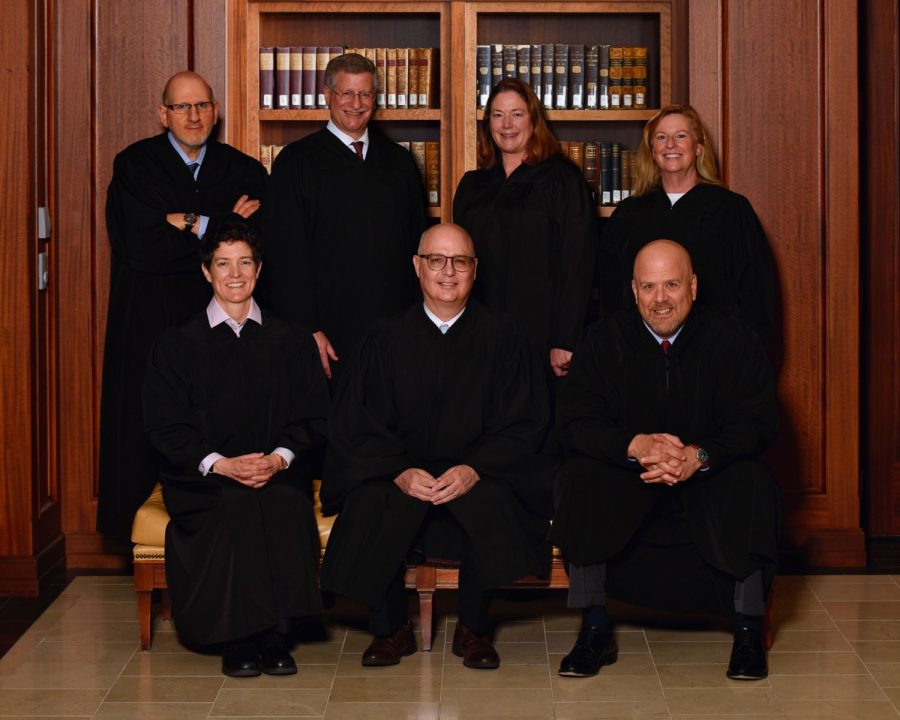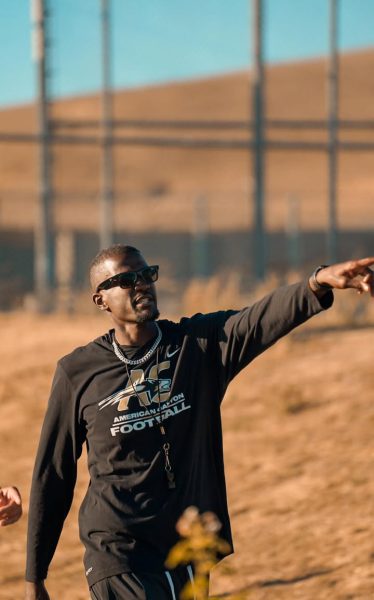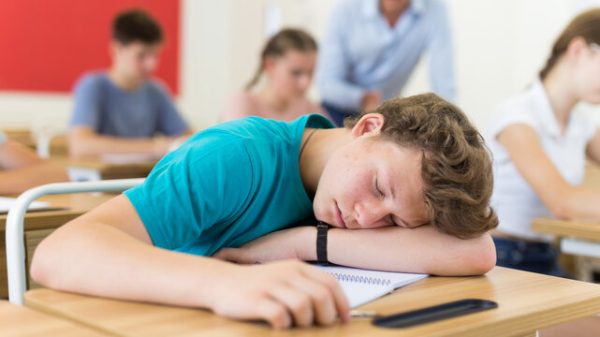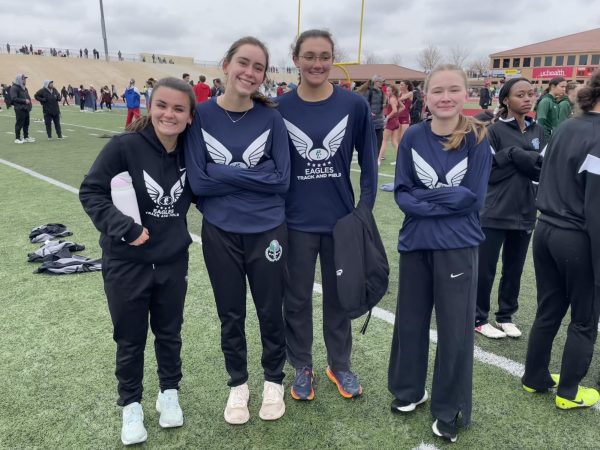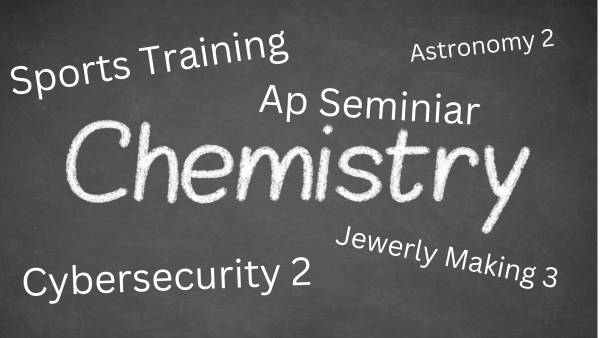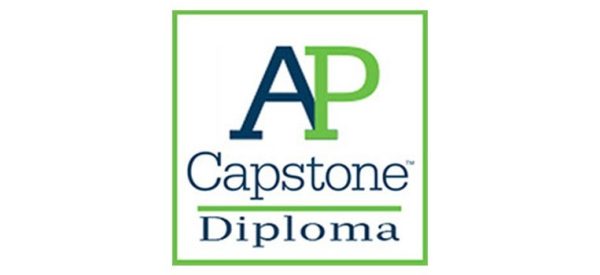Preview: Courts in the Community
Top from left: Justice Carlos A. Samour, Jr., Justice Richard L. Gabriel, Justice Melissa Hart, Justice Maria E. Berkenkotter Bottom from left: Justice Monica M. Márquez, Chief Justice Brian D. Boatright, Justice William W. Hood, III
On November 17th, 2022, Pine Creek will make history as the first school in Colorado Springs to be chosen to have the Supreme Court come into the auditorium for an event known as Courts in the Community. “Courts in the Community is a program run by our Colorado court system that actually brings the Colorado Court of Appeals, and then in special circumstances the Supreme Court of Colorado, out to high schools in the state so that students can actually see how the legal system works by seeing an actual appeals court trial or the supreme court hearing in person when they come to the school” said AP Government and Politics and Sociology teacher, Joe Rausch. He said that being the first school in Colorado Springs to welcome the Supreme Court through its doors, “says something about our school, that the court thinks that our student body is intelligent and motivated and passionate enough about the law to actually want to come and present cases for us.”
Traditionally, Courts in the Community enjoys exposing students to a civil case as well as a criminal case. However, this year, there are two criminal cases being debated. “So one case deals with a jury member that fell asleep during a trial and the defendant claiming that they didn’t get a fair trial because the jury member fell asleep,” said Rausch. “Then the other case is pretty interesting. [It] concerns a lady who bought a gun in her name but we have a law in Colorado that says you can’t buy a gun and give it to somebody else–you can’t buy a gun for someone. Her husband had a record for domestic violence; so he couldn’t buy his own gun. He was then arrested with her gun that she had in her closet and they arrested her too because he had the gun. She’s claiming that it’s not constitutional to blame her for the fact that her husband had the gun that was registered to her name that she had bought and that just because he was holding the gun illegally doesn’t mean that she should be charged. She feels like she didn’t do anything wrong, that she didn’t tell him to take the gun or anything like that.”
Teachers aren’t the only ones who are looking forward to this event. “Through Courts in the Community, I hope to gain a better insight into how the law more directly relates in my community and how I can be a more politically aware person” said Kastyn Borg (12). “Other people should definitely be interested in Courts in the Community because it’s something that is going to impact all of us whether or not cases directly impact us they’re still important and it’s so important for all of us to recognize that,” said Borg. Kastyn got into politics, “because I’m [Borg] really interested in the legal system and I thought it would be a good way to learn more about how the government works around me.”
Another student who will be attending this event is Zackery Kuster (11). “It’s a fun experience to sort of gain a different knowledge of something that is considered boring by most people,” said Kuster. “[I] Hope to gain a perspective of what’s going on.” When asked what got him interested in politics he said, “It’s cliche but the kind of loopholes that you see like squatter’s rights, things like that, it’s kind of fun to hear about the things that you wouldn’t think would be in the government that are still here.”
Courts in the Community will take place on November 17 and be held in the auditorium. The event is open to the public and the classes attending include Angie Chatman’s Street Law, Ty Alan and Joe Rausch’s AP Government and Politics, and Jo Powell’s Business Law. Rausch said, “I think rather than there be actual skills that are going to be learned, I think what our students will get more out of it is a real life or learning opportunity to see the process of how the legal system works.”
Joe Deno is a sophomore at Pine Creek High School. He enjoys reading, playing hockey, and working with electronics. Joe is excited to cover the latest...
Aleksandr Christ (11) is excited to be part of Talon Media this year. He is involved in playing Tennis, helping run the SAFA (Stocks and Finance Association)...

